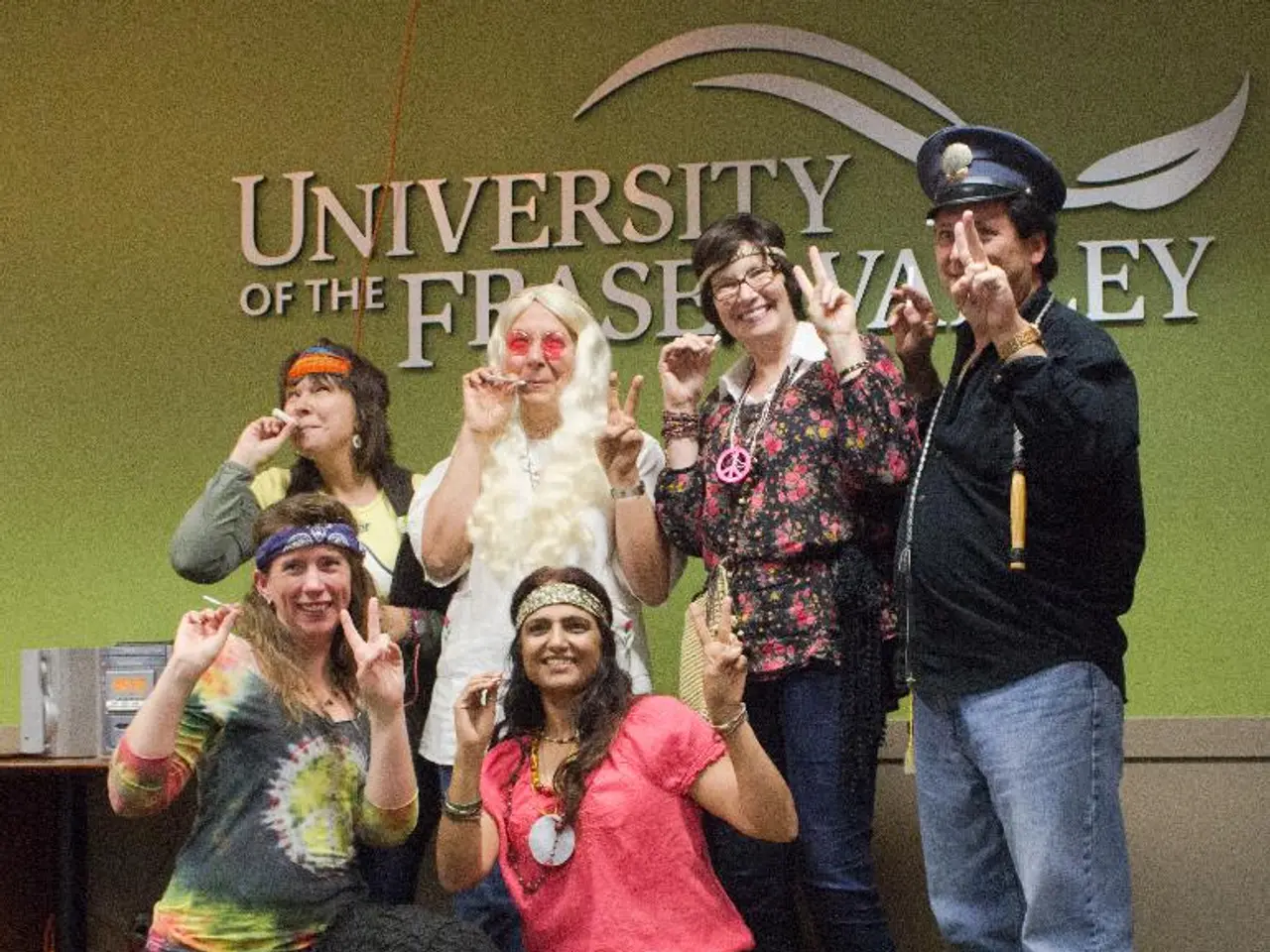Selfless Acts Explored: Exemplifying Altruism and Its Varieties
In the realm of human behaviour, altruism stands as a shining example of selflessness and compassion. Altruism is the act of helping others without expecting anything in return, a simple yet profound concept that can have far-reaching consequences.
At its core, altruism involves making personal sacrifices for the benefit of family members, loved ones, and even strangers. This selfless act can take many forms, from giving up your seat on a busy train to donating blood or a major organ, volunteering, or bringing lost animals to shelters.
But altruism is not just about helping others; it can also bring benefits to the person performing the act. Studies have shown that altruism can provide a sense of purpose, relieve physical pain, and even improve mood. It can foster feelings of goodwill, gratitude, and compassion, contributing to overall happiness and well-being.
Moreover, altruism can strengthen social connections. By helping others, we create a sense of community and enhance our relationships. This can help reduce feelings of loneliness and isolation, fostering a more connected and supportive society.
Interestingly, altruism is not exclusive to humans. Observations of whales and dolphins have revealed instances of these creatures adopting animals in need and showing other species how to escape shallow waters, demonstrating a level of empathy and altruism not often associated with marine life.
Altruism can also be cultural, extending beyond immediate family and friends to support people who are part of a group we are associated with. This form of altruism can foster a sense of belonging and unity, reinforcing the importance of community in our lives.
However, it's essential to practice altruism responsibly. Engaging in good self-care and setting solid boundaries is crucial to ensure that we don't overextend ourselves and risk our own well-being.
Altruism is a complex phenomenon, with various motivations driving individuals to help others. These can range from empathy to positive moral rewards, a sense of satisfaction, and happiness. Researchers from various fields, including psychology, sociology, philosophy, economics, and evolutionary biology, have studied different aspects of altruism, seeking to understand its roots and implications.
Reciprocal altruism, where helping someone is done with the expectation they will help you in the future, is another fascinating aspect of altruism. This dynamic can create a cycle of mutual support and cooperation, strengthening social bonds and fostering a sense of reciprocity.
In conclusion, altruism is a powerful force that can benefit both the giver and the receiver. By practicing altruism, we can create a more compassionate and supportive society, while also reaping personal benefits such as improved mood, reduced loneliness, and increased overall well-being. So, let's embrace altruism and make a positive difference in the world.








